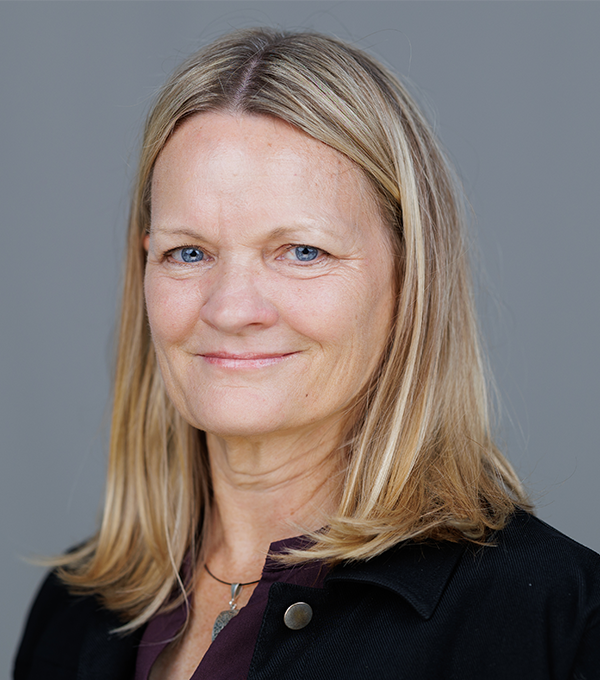Biography
Courses Taught:
- ANTH 210 – Social and Cultural Anthropology
- ANTH 335 – Cultures of Central Asia
- ANTH 640 – Anthropological Ethics and Professionalism
- ANTH 650 – Ethnographic Field Methods
Current Graduate Students:
- Aigul Seralinova
- Damesh Satova
- Zhuldyz Zhumashova
Research Interests
Specialty:
- Economic anthropology
- Migration
- Central Asi
Current Research Projects:
Most of my career has focused on research in post-Soviet Central Asia. Since my arrival at Texas A&M, I have worked on two major projects. The first project is based on the legacy of nuclear testing in northeastern Kazakhstan. This was a collaborative project (with environmental chemist Kathleen Purvis-Roberts). After World War Two, the Soviet Union developed a major nuclear test site in northeastern Kazakhstan that served as the location for 116 above-ground tests and 340 underground tests between 1949 and 1989. Our project involved interviews and surveys with Kazakh and Russian villagers who live near the Polygon, health care workers in the region most affected by nuclear testing, and research scientists who work at the former test site. We looked at varying perceptions of risk across these groups, and the politics of risk as the victims of nuclear testing continue to struggle to find justice in the form of compensation and quality health care. The second project focuses on Mongolia’s Kazakh population and Kazakhstan’s repatriation program in the post-Soviet era. This is a collaborative project with Holly Barcus, a geographer at Macalester College. Since the fall of the Soviet Union, nearly half of Mongolia’s Kazakh population have migrated to the newly independent Republic of Kazakhstan, a location that is newly imagined as their homeland. We were interested in the factors that shaped individual and family decisions to migrate or stay in place. We also investigated how gender shaped migration decisions and migration impacts, and the role that kin-based social networks play in helping to maintain transnational networks and social identities.
In recent years, in connection with my role as the former director of Texas A&M’s ADVANCE program, my research has shifted to projects that look at diversity, equity, and inclusion issues affecting faculty in higher education. I have been the lead PI for a project that focuses on differential impacts of COVID-19 on scholars at Texas A&M. This is qualitative interview project with 100 participants. This project played an important role in the development of new policy guidelines for reviewing faculty performance in the context of the pandemic. I am also part of a collaborate research team that is looking at fairness and bias in promotion and tenure review cases. This project uses linguistic analysis software to examine the validity and fairness of external review letters as part of the promotion and tenure process.
Educational Background
- PhD, Indiana University, 1997
Selected Publications
- 2024 Theodore Masters-Waage, Christiane Spitzmueller, Ebenezer Edema-Sillo, Ally Gutierrez, Michelle Penn-Marshall, Erika Henderson, Peggy Lindner, Cynthia Werner, Tracey Rizzuto, and Juan Madera. “Underrepresented Minority Faculty Face Double Standard in Promotion and Tenure Decisions.” Nature Human Behavior.
- 2024 Shuru Zhong and Cynthia Werner. “The Hidden Strength of Small Business: Social Networks and Wet Market Vendors in China.” Economic Anthropology.
- 2022 Cynthia Werner. “Bride kidnapping and polygamous marriages: Gendered debates in Central Asia.” In The Routledge Handbook of Gender in Central-Eastern Europe and Eurasia. Routledge Press. Pp. 462-471.
- 2019 Cynthia Werner. “Reflections on Rape Culture and Kidnap Culture: A Cross-Cultural Comparison of the Psychological and Social Forces that Reinforce Patriarchy.” In The Psychology of Women in Patriarchy. Edited by Holly Mathews and Adriana Manago.University of New Mexico Press. Published in cooperation with the School of Advanced Research Press. Albuquerque, New Mexico. Pp. 211-233.
- 2018 Cynthia Werner, Christopher Edling, Charles Becker, Elena Kim, Russell Kleinbach, Fatima Sartbay, and Woden Teachout.“Bride Kidnapping in Post-Soviet Eurasia: A Roundtable Discussion” Central Asian Survey 37(4):582-601.
- 2017 Cynthia Werner, Celia Emmelhainz, and Holly Barcus. “Privileged Exclusion in Post-Soviet Kazakhstan: Ethnic Return Migration, Citizenship and the Politics of (Not) Belonging.” Europe-Asia Studies 69(10):1557-1583.
- 2015 Cynthia Werner and Holly Barcus. “The Unequal Burdens of Repatriation: A Gendered Analysis of the Transnational Migration of Mongolia’s Kazakh Population” American Anthropologist 117(2): 257-271.
- 2015 Holly Barcus and Cynthia Werner. “Immobility and the Re-imaginings of Ethnic Identity among Mongolian Kazakhs in the 21st Century.” Geoforum 59: 119-128.
- 2009 Cynthia Werner. “Bride Abduction in Post-Soviet Central Asia: Marking a Shift Towards Patriarchy through Local Discourses of Shame and Tradition” Journal of the Royal Anthropological Institute 15: 314-331.
- 2000 Cynthia Werner. “Gifts, Bribes and Development in Post-Soviet Kazakhstan”. Human Organization: Journal of the Society for Applied Anthropology 59(1): 11-22.

